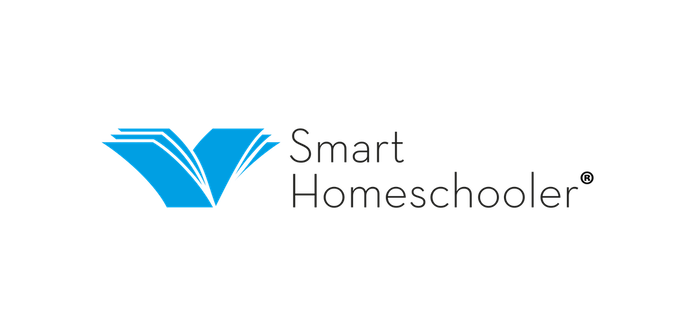The most frequent complaint I get from homeschooling moms is that their children don't listen to them. It's more than just a complaint because for a homeschooling mom, not listening is a serious issue.
Children who don't listen, won't obey and children who don't obey, won't get their work done. Which means that you, the homeschooling parent, will struggle to do your job well.
“The essence of successful discipline is not technique; rather, it is self-confidence.”
However, I am not suggesting that you put your children into school; but only to train them to listen before you continue homeschooling. After all, the skill of listening is a vital skill and one children must be taught.
An Effective Approach
The most effective approach would be to stop homeschooling for a short period until you get your relationship back on course with your children.
The reason for this is because the frustration everyone is feeling from the tug of war around studying is probably causing a lot of tension, and your children may develop a negative association with homeschooling if it continues.
Once your children decide that homeschooling is no fun, instead of one problem, you’ve now got two. So a break is the best strategy for this situation.
But rather than announce you are putting homeschooling on hold until they learn to obey, announce that next week will be a homeschool break week. You don't need to offer any reason other than, "Because I said so!".
The Crux of the Matter
Now, you can focus on the issue which, at the core, is a problem of disrespect. Like most parents in the West, your children are not showing you the respect you deserve.
It's a societal problem for various reasons including, but not limited to, the negative influences on children via multi-media and technology, as well as the push for modern parenting practices that sound great in theory but haven’t worked.
While there are multiple strategies that should be employed in your efforts to correct your relationship with your children, we'll focus on the primary tactic of assuming the role of leadership.
As two captains will sink a ship, you and your spouse will have to show up as one. In other words, you have one voice. What one says, the other supports, at least in front of the children. Any disagreements you have regarding your children, must be discussed privately.
Successful Parenting Traits
It's critical to understand the traits of successful parents, so you can learn to imitate them until they become your traits, too.
Successful parenting leadership…
They are decisive
They communicate clear expectations
They hold their children accountable
They assume authority (not to be confused with "authoritarian")
They set clear boundaries
They give their children age-appropriate responsibilities
They do not bend down to their children's level; they let their children look up to them
If this list sounds too authoritarian, it may be in comparison to the modern advice you've probably been given.
The question to ask yourself is, how's that working?
Your children need to see you as the authority, someone worthy of respect, someone they can trust to keep their word, and a role model they can emulate.
You want to be a good influence for your children, so you can guide them towards developing good character and excelling in your homeschool. Like us, they won't emulate someone they do not respect.
“The more attention you pay to your child, the less attention he will pay to you.”
Once you have successfully established your boundaries by assuming the role of leader, your children will listen and obey you and homeschooling will be more fun and fruitful.
Effective parenting leadership must include unconditional love, but I know you have that part covered.
Don’t miss our free download, Ten Books Every Well-Educated Child Should Read.
When you join the Smart Homeschooler Academy online course for parents, Liz will share her 6-step framework, so you can raise children of higher intelligence, critical thinking, and of good character.
As a homeschooler, you will never have to worry about failing your children, because working with Liz, you will feel confident, calm, and motivated; as she guides you to train your children’s minds and nurture their characters.
Teach your child to read before sending him to school! Learn more about Elizabeth's unique course, How to Teach Your Child to Read and Raise a Child Who Loves to Read.
For parents of children under age seven who would like to prepare their child for social and academic success, please begin with Elizabeth’s singular online course, Raise Your Child to Thrive in Life and Excel in Learning.
Elizabeth Y. Hanson is a homeschooling thought-leader and the founder of Smart Homeschooler.
As an Educator, Homeschool Emerita, Writer, and Love and Leadership Certified Parenting Coach, she has 21+ years of experience working in education.
Developing a comprehensive understanding of how to raise and educate a child, based on tradition and modern research, and she devotes her time to helping parents to get it right.
Elizabeth is available for one-on-one consultations as needed.
"I know Elizabeth Y. Hanson as a remarkably intelligent, highly sensitive woman with a moral nature and deep insight into differences between schooling and education. Elizabeth's mastery of current educational difficulties is a testimony to her comprehensive understanding of the competing worlds of schooling and education. She has a good heart and a good head. What more can I say?”
—John Taylor Gatto Distinguished educator, public speaker, and best-selling author of Dumbing Us Down: The Hidden Curriculum of Compulsory Schooling















































